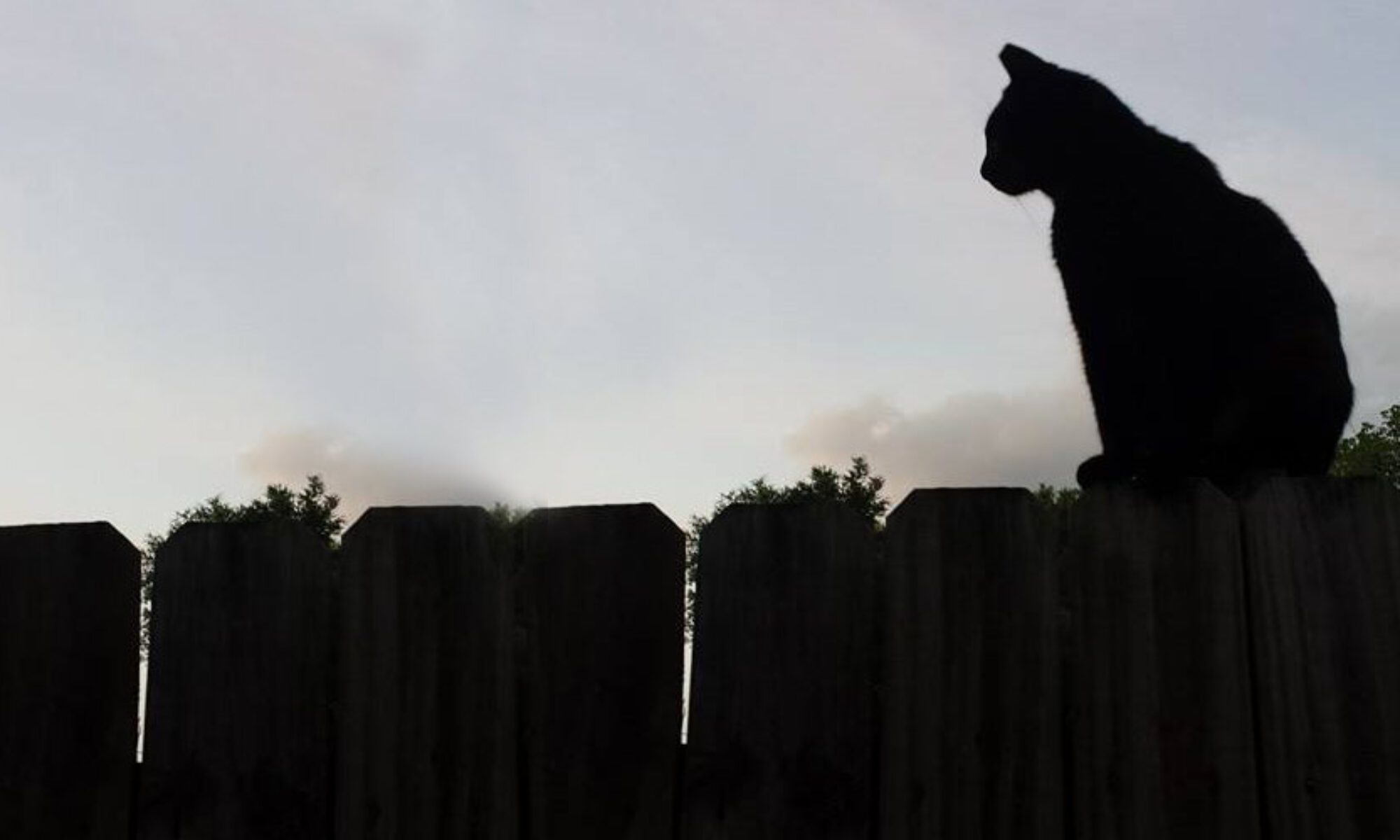Operation Catnip of Gainesville is a local TNR program.
T-N-R – Trap, neuter, return (also ‘trap, neuter, release’). These are programs popping up across the country. They coordinate volunteers and veterinary staff to trap local feral, stray, and community cats so they can be spayed/neutered, and given shots (rabies, feline leuk, feline HIV, etc.) and flea/parasite treatment. They will also be given any critical medical care needed.
Our local TNR program has the fortune to be working in conjunction with the UF veterinary college, so the kitties have a lot of opportunities to get fixed, and the vet students get necessary real-life experience.
Despite the controversy of the TNR practice (see Wikipedia for the full details), I fully stand behind it because of how it has transformed my own neighborhood and colony. I feel safer knowing the neighborhood cats are not carrying diseases, and there isn’t an insane overpopulation problem that usually results in cat fights, kitten explosions, cats spraying everywhere, and dead cats scattered about all over. -Editorial commentary here [I also volunteer at the clinics whenever I can]
Operation Catnip is a FREE service to the community. Call, email, or visit their office to find out how to take advantage of this program.
What to expect:
- Contact OC for date of next clinic. They are held almost every month, except for July.
- You will need to bring cats in an approved humane trap. You can get your trap approved at the OC office. Or you can borrow a trap (or a few traps) with a security deposit.
- Trap your feral cats in the humane traps the night before the clinic (there is much more info on how to do this on my blog). Make sure they don’t have any food after about 7PM. Kittens MUST be 8 weeks and/or 2 pounds. Keep them in a safe place out of the elements and away from animals or insects over night.
- Bring cats in traps to the UF Vet School the morning of the clinic between 7:30AM and 9:30. There are small signs directing you around the vet school to the left towards the large animal paddocks. Pro-tip: You can drive through the gates closest to the building and drop your cats off at the clinic doors, but it is often crowded and I highly recommend parking in the small lot and carrying your cats in to the receiving area.
- There are usually volunteers helping direct intake but it can be quite busy. There is usually a rough line formed where you can put down your cats and wait for a volunteer. You will be asked to fill out a page with your info and info for the cats you are bringing. There will be several check-in stations to go through to make sure everything is in order and your cats are good to go. You will be given a paper slip for each cat you brought and a pick-up time.
- At pick-up time, you return to the same place with your slips of paper. A volunteer will take your slips to retrieve your cats from recovery. Someone at the desk will go over discharge info with you and address any unusual issues with your cats, and answer your questions. Your cats will be checked out, and you will be free to go home.
- It’s best to keep them covered (but not overly hot) in a safe place away from the elements and animals/bugs. Check on the cats periodically over night, following discharge info. Absolutely no food or water unless instructed by discharge staff.
- In the morning (around 6AM or 7AM), you can return the cat to the area you trapped it and release it. Pro-tip: if you put out food and release it at the food, it might eat at that time, or it will know to return to eat, since it will be hungry.
- There is extensive info on their website.
The Operation Catnip offices are located on NW 6th St on the back of the Humane Society building. The Operation Catnip clinics are held at the UF Vet School.
It costs approximately $50 to spay/neuter and treat each cat. This is a free service to Alachua county community cats and any donations and support are greatly appreciated.
Operation Catnip of Gainesville
PO Box 141023
Gainesville FL 32614
352-380-0940


